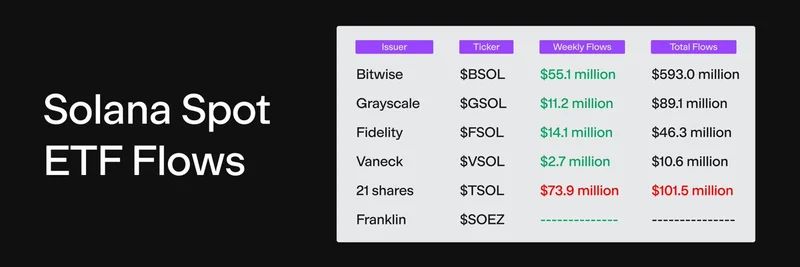The crypto world is buzzing after a recent tweet from @zoomerfied highlighted a major development in U.S. regulation. According to the post, a draft from the Senate Banking Committee proposes to exclude staking, airdrops, and decentralized physical infrastructure networks (DePIN) from securities laws. This could be a massive win for the industry, especially for meme tokens that thrive on community engagement and innovative distribution methods. Let's break it down and see what it means for you as a blockchain enthusiast or investor.
Understanding the Draft Proposal
Staking is essentially locking up your crypto tokens to support a blockchain network's operations, like validating transactions, in exchange for rewards. Airdrops are free distributions of tokens to holders or participants, often used to bootstrap communities or reward loyalty. DePIN refers to networks that decentralize physical resources, such as storage or computing power, using blockchain tech—think projects like Helium for wireless networks or Filecoin for storage.
The Senate's discussion draft, part of the Responsible Financial Innovation Act, suggests these activities won't be treated as securities unless there's fraud involved. This comes from sources like Bitcoinsistemi, which notes that Section 101 of the draft carves out these exemptions. For years, the SEC has been cracking down on crypto under securities laws, but this shift could provide much-needed clarity and reduce regulatory hurdles.
You can check out the full draft details on the Senate Banking Committee's website or read Senator Lummis's release here.
Why This Matters for Meme Tokens
Meme tokens, those fun, community-driven coins inspired by internet culture, often rely on airdrops to spread the word and build hype. Remember how tokens like Dogecoin or Shiba Inu exploded through viral marketing and giveaways? If airdrops are no longer at risk of being labeled securities, projects can distribute tokens more freely without fearing SEC lawsuits.
Staking could also become a staple for meme ecosystems. Imagine earning rewards just by holding your favorite frog or cat-themed token in a staking pool—this adds real utility and encourages long-term holding over pump-and-dump schemes. DePIN integration might even allow meme projects to branch into real-world applications, like decentralized IoT networks themed around memes.
Reactions in the Twitter thread echo this excitement. Users like @ventuals_ asked if it's bullish for platforms like Hyperliquid, while @publius_val advised buying and holding for the long haul. Others celebrated with comments like "Hyperliquid coded" and "Huge W for the space," showing the community's optimism. Even @IagonOfficial chimed in with "Staking + DEPIN = W," highlighting the combo's potential.
Potential Impacts and What's Next
This draft isn't law yet—it's a discussion piece, as outlined in responses from firms like a16z. But if it passes, it could supercharge innovation, attracting more developers and investors to the space. For meme tokens, it means less regulatory fear and more room to experiment, potentially leading to the next big viral hit.
Of course, always do your own research—regulations can change, and not every project will benefit equally. Keep an eye on updates from the Senate and how this evolves. In the meantime, this news reinforces why meme tokens aren't just jokes; they're at the forefront of blockchain's playful yet powerful evolution.
Stay tuned to Meme Insider for more insights on how regulations shape the meme token landscape. If you're diving into staking or hunting airdrops, this could be your cue to get involved safely and smartly.

